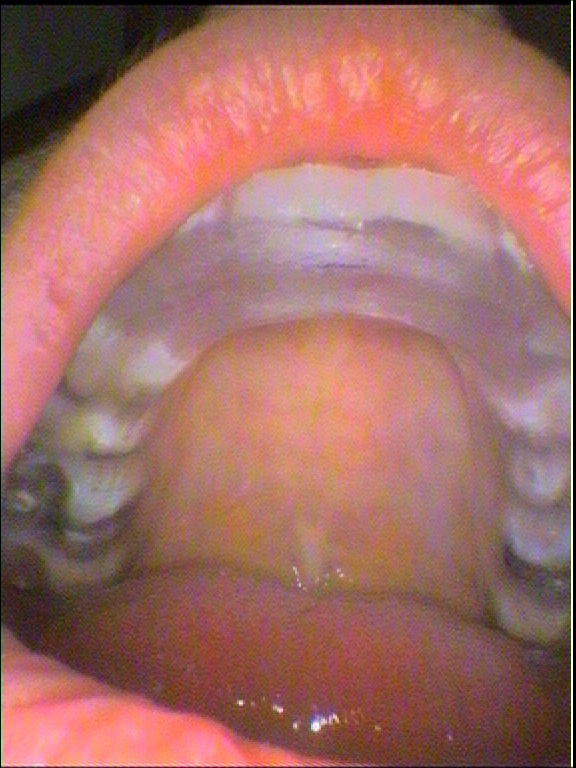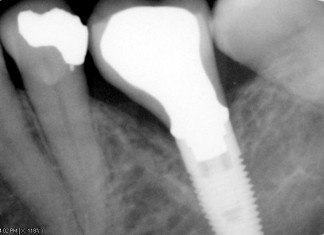The jaw joint complex of the teeth, muscles and joints – The jaw joints aspect – Part 4 – The Sounds – Professional Treatment
Muscle Treatment – Dentists often need to work with physiotherapists. The neck and upper back muscles support jaw movements and posture. Often poor posture or neck injuries can often affect the jaw muscles. Sometimes it’s best to correct the neck and back issues before definitive dental therapy begins. The dentist can assess the need to see a physiotherapist and the timing of such treatment. The body does not work in isolation, as everything is co-ordinated. As they say “it’s complicated!”.

Medication – In some cases pain associated with jaw joint issues anti-inflammatories, muscle relaxants, anti-anxiety drugs, or antidepressants may need to be prescribed by a doctor or dentist.
Occlusal Splint – This appliance is a firm acrylic material that is used to prevent or control clenching or grinding of the teeth.

Dental Treatment – Correction of the bite may need to be done. Some examples of treatment:
- Uneven bite – treatment – adjust the teeth, orthodontic treatment, build up or change the shape of the teeth.
- Overbites, Underbites – orthodontic treatment and in severe cases of jaw bone under growth or over growth or malalignment, surgery may be needed.
- Worn dentition – This causes the bite to overclose and building up the teeth reduces pressure on the teeth and improve movements of the jaw joint.
- Preventing collapses of the bite – saving teeth from extractions with fillings and root canal treatment; and placing dentures, bridges and implants in spaces if teeth need to be removed.


Pain-relieving injections, electrical stimulations, ultrasound, laser therapy – applied into trigger points to relieve muscle and jaw joint and neck pain, and stimulate mobility.
Surgery – This is the last resort for people with jaw joint problems and is not often done.
Outlook
Jaw joint problems and discomfort are usually a temporary condition that clears up with home treatments and changes to a person’s lifestyle. However, if the jaw joints sounds worsens, especially if accompanied with pain, then seek treatment and assessment to address the underlying causes and to prevent other complications.
Next instalment- Prevention of Jaw Joint problems
Need an Appointment?
If you’d like to book an appointment with the dentist at Seymour Dental then call us in Dulwich Hill, Sydney on (02) 9564 2397 or
contact us